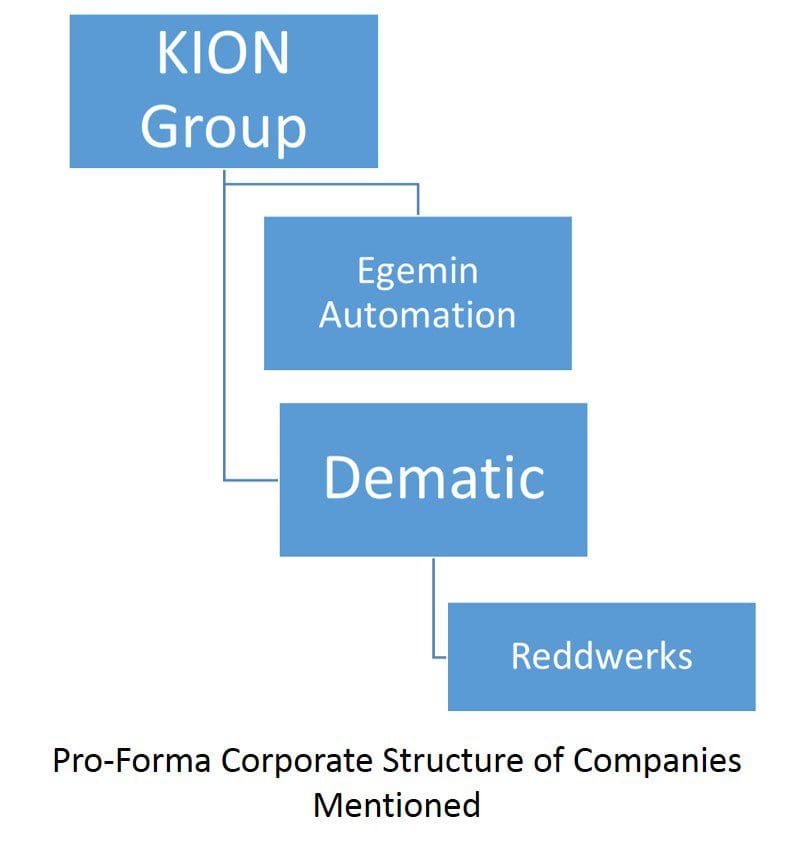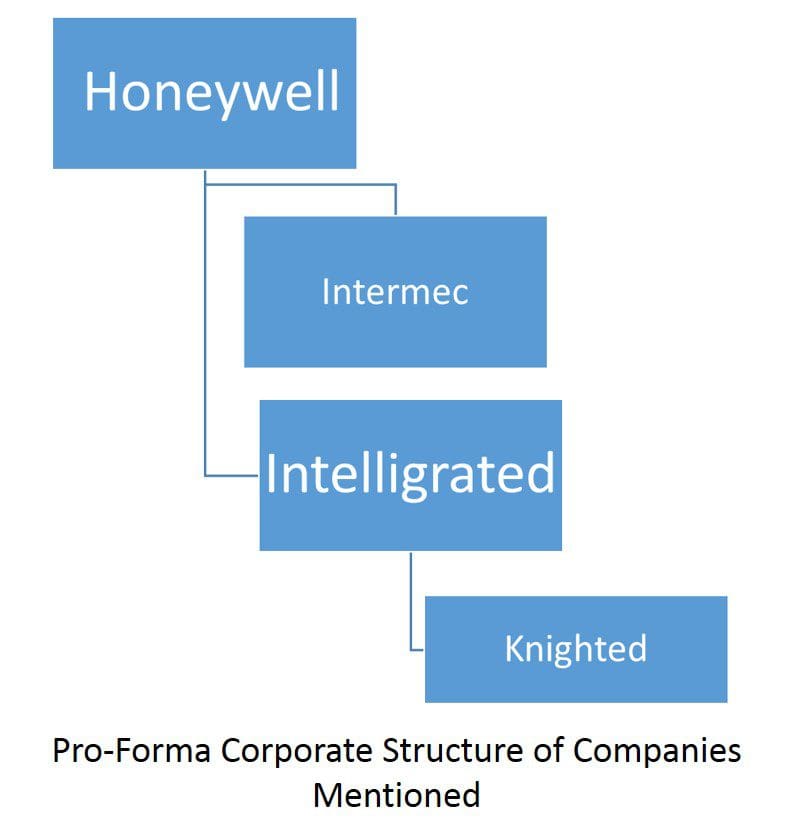The global warehouse automation & control (WA&C) market has experienced numerous mergers & acquisitions over the years. However, most of the acquisitions have been smaller vendors that sell similar solutions that offer a complimentary technology, capability, or additional geographic presence to the acquirer. In contrast, the recently announced acquisitions of Dematic and Intelligrated represent major shifts in the global WA&C market. Dematic announced on June 21 that it is going to be acquired by the KION Group, one of the world’s largest suppliers of forklift trucks. As this information was being digested, Intelligrated announced just 10 days later that it is going to be acquired by Honeywell.
The KION group offers solutions within the material handling sector, so operational synergies are apparent. However, Dematic made a conscious decision years ago to reduce its manufacturing footprint and shift its focus more on intelligent systems. Merging with KION will now put Dematic back into an organization with a strong manufacturing focus. Honeywell is a large, diversified industrial company. Although Honeywell does have the Intermec and Vocollect businesses, only a small percentage of its overall business is focused on warehouse technology. Many acquisitions, in general, ultimately fail to meet the expectations of the participants. How will these acquisitions meet the expectations of the acquirers and affect the acquired? In fact, what are the motivations and expectations behind these acquisitions? And through what characteristics do Dematic and intelligrated offer value to their acquirers?
 The KION Group and Dematic
The KION Group and Dematic
The KION Group describes itself as the world’s second largest supplier of forklift trucks. KION’s revenue has been essentially flat for the last three years. The company acquired Egemin Automation last year and noted, “The fast-growing market for automated logistics and material flow systems is another area where we want to become a leading player.” KION made a similar statement referencing its intended acquisition of Dematic and noted that Dematic’s revenue has recently been growing at about 12 percent a year. So clearly the growth rate of the warehouse automation & control (WA&C) market is a factor. Additionally, KION stated in its Stategy 2020 documentation that it wants to accelerate its growth and sees future potential by offering increased connectivity and automation. KION specifically notes in its investor presentation Dematic’s strong R&D capabilities, broad automation footprint, and leading integrated software platform as cornerstones of a complete material handling offering. Dematic has been investing in its software for some time, and recently extended its footprint with the Reddwerks acquisition. So I believe that Dematic’s past shift in focus toward intelligent systems is an integral part of what drew KION to Dematic.
KION also noted in its Strategy 2020 document a desire to increase its market share in strategically important regions, specifically China and North America. The Americas is Dematic‘s strongest region and it also has a well-established presence in Asia. So Dematic’s regional footprint offers KION great opportunity for access to an installed base and resources within strategically important regions. KION also noted China’s fast growing e-commerce sector as driving demand for forklift trucks. I believe that e-commerce likely stimulated growth in the WA&C market much more than it has in the forklift market. In fact, I see forklifts as primarily focused on pallet movements. Whereas e-commerce is increasing the demand for movement and handling of smaller loads such as cartons, parcels, and individual items. Dematic is a leading provider of systems for the movement of smaller load sizes within e-commerce fulfillment. This is the other primary reason I believe KION was attracted to Dematic as it was well positioned within fast growing market segments.
 Honeywell and Intelligrated
Honeywell and Intelligrated
Honeywell is a large, diversified industrial company with a presence in the warehousing market mostly limited to the handheld and voice recognition products obtained from the Intermec acquisition. Honeywell’s revenue, like KION, has been flat over the last few years. As has the Automation & Control Solutions business unit, where Intelligrated will reside within Honeywell’s corporate structure. In contrast to Honeywell, Intelligrated has grown at a CAGR of approximately 13 percent over the past three years. So clearly the revenue growth potential of the WA&C market, and Intelligrated in particular, is a factor for Honeywell too. In fact, Intelligrated has also invested heavily in its software platform since it acquired Knighted a few years ago. Honeywell’s press release on the Intelligrated acquisition specifically mentions e-commerce and its contribution to increasing demand for warehouse solutions that increase productivity and reduce costs. I don’t see in Honeywell’s acquisition of Intelligrated the same operational synergies as I see in the Dematic acquisition. However, Honeywell is a larger company with ample resources that can be deployed toward future development efforts or complimentary acquisitions.
Key Takeaways
Dematic and Intelligrated are both growing their revenues at a faster rate than their respective acquiring companies. The growth of Dematic and Intelligrated can be attributed to both the capabilities of the individual companies as well as their presence in a fast growing market. In particular, the market for warehouse automation & control in support of e-commerce fulfillment operations is a major contributor to growth that shows no signs of letting up; as retailers, manufacturers, and parcel delivery companies reconfigure their operations for the ongoing shift in the retail landscape.
For information on ARC Advisory Group’s market study on the global Warehouse Automation & Control market, please click here. For information on the forthcoming update to this study, please contact the author at mailto:creiser@arcweb.com.

















Leave a Reply